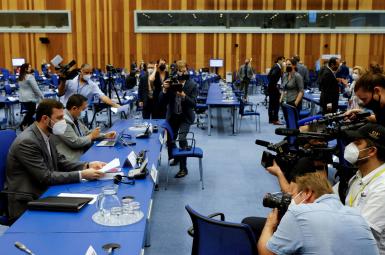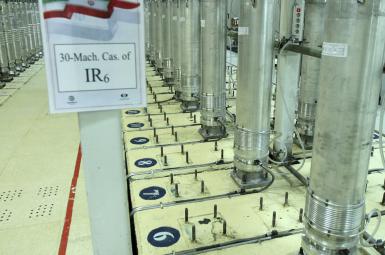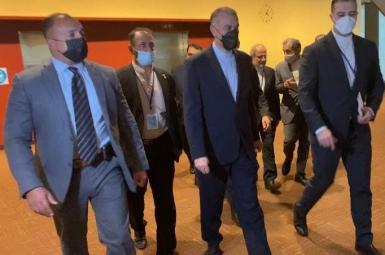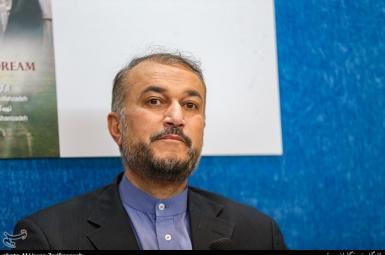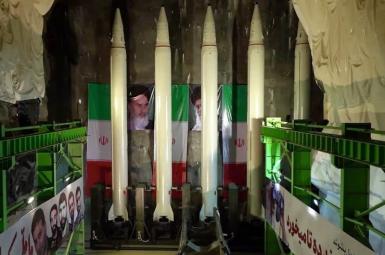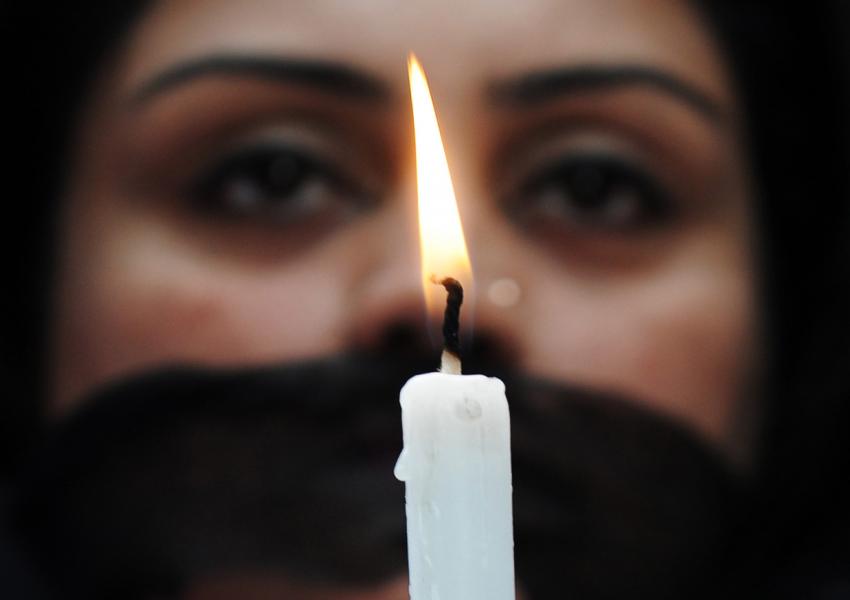
Suicide Of A Mother Highlights Iran's Economic Vows
A mother of three young children set herself on fire last week in Iran and died, unable to afford school items as classes began on Thursday. The husband who works for the municipality in Dehdasht has not been paid his $200 salary for five months.
The incident led to reactions both in the local media and social media, as daily news about rising prices and workers going unpaid for months dominate headlines and social media posts.
The husband, Mohammad Javad Erfani told local media that he and his wife had an argument over buying school items as the family was completely broke. Suddenly she set herself on fire and as he tried to save her, he also received burns over 30 percent of his body. Both were taken to hospital, but she did not make it, leaving behind three small children.
Late payment of salaries has been an endemic problem in Iran especially in the past four years as the economy has declined triggered by US sanctions, after former US president Donald Trump withdrew from the 2015 nuclear agreement and imposed tough sanctions. But mismanagement and corruption also play a large role in inefficiency and the abuse of workers’ rights.
Some industrial companies, sold under suspicious circumstances to well-connected individuals, have quickly gone bankrupt or unprofitable leaving thousands of workers in limbo. The Haft-Tappeh sugar mill in Khuzestan province, with rich cultivation lands, was sold by the government for a few million dollars to a group of individuals who failed to manage the company and pay the workers, who have been protesting since 2017.
The same scenario has happened at many other industries, where insiders have bought government-owned industries for low prices, sometimes using them to obtain large loans from government banks and then abandoning the factories.
Iran’s overall inflation rate has reached 45 percent in recent months, with food prices rising more than 60 percent compared with last year.
The Statistical Center of Iran (SCI) reported last week that prices for milk, cheese and eggs rose by 72.5 percent between August 21-September 20, compared with the same period last year.
The rising prices do not necessarily mean profits for manufacturers who also have to cope with inflation. The Welfare Ministry recently issued a report saying that many manufacturers are under pressure to afford producing goods.
Iran’s currency rial has fallen more than eightfold since 2017, as government revenues have declined with oil exports being sanctioned by the United States. The US dollar is being traded in Tehran’s currency market at 275,000 rials, while in 2017 it was just above 32,000 rials.
So far, Iran’s government dominated by hardliners has not reached an agreement with the United States over its nuclear program despite talks by the Biden Administration since April, with mediation by the United Kingdom, France and Germany who were also signatories of the Joint Comprehensive Plan of Action (JCPOA) in 2015.
Politicians, economists and pundits in Iran are increasingly calling for compromise as the economy slips into more disarray, but the hardliners who control parliament and the presidency promise to solve the crisis by self-reliance and more trade with China and Russia.
Mahmoud Sadeghi, a former lawmaker, said earlier this month that the direction of Iran’s foreign policy should be put to a referendum. "Referendums have become a taboo in the country but they can resolve many problems where there is a deadlock,” Sadeghi told Borna News. “The nuclear issue which has become a dead-end can be solved with a referendum.”
